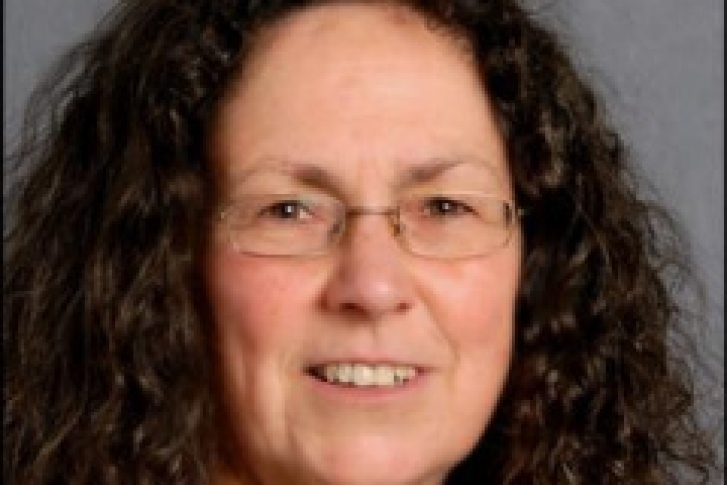Monitoring of periphyton (algae) in rivers is important because, although rivers need some periphyton, too much can be unsightly and harmful to the river ecosystem.
Monitoring may be required by resource consents, or to demonstrate river status against the National Objectives Framework for periphyton. While intensive monitoring (such as monthly or more frequently) is necessary in some cases, there may be opportunities to increase monitoring efficiency without compromising the monitoring and management objectives. A case study from the Lower Waiau River, Southland, demonstrates how the latter scenario can be achieved.
Meridian Energy Ltd. has worked with stakeholders for over 10 years to monitor and manage periphyton biomass in the Lower Waiau River, using flushing flows as the management tool. Flushing flows are considered when periphyton in the river exceeds agreed levels. Eight seasons of fortnightly monitoring at multiple sites in the Lower Waiau in summer have allowed development of relationships between flow metrics (such as mean flow in the past month) and river condition in terms of periphyton cover. Thus it has become feasible to use the flow record to guide the timing of periphyton surveys. Consequently, survey effort and expense can be reduced. This “predictive monitoring” system is being trialled in the Lower Waiau River during the 2014-15 summer season, after which it will be evaluated for ongoing use.
This type of monitoring system could also incorporate data on other factors that potentially affect periphyton biomass. For example, a large shift in monitored nutrient concentrations might change the flow – periphyton relationships. The periphyton monitoring and management strategy in the Lower Waiau has developed though an adaptive management approach. A similar approach could be used to develop optimised field monitoring programmes for periphyton management in other rivers.
This project to develop the predictive method was funded by Meridian Energy Ltd. Implementation of periphyton management via the monitoring is a consent requirement. All field surveys were carried out by Stu Sutherland, Bill Jarvie and others from Southland Fish & Game.

